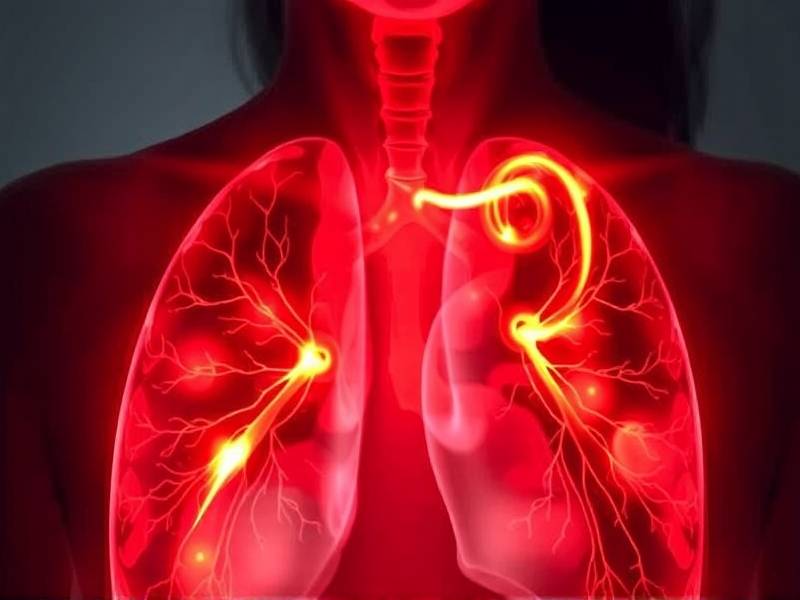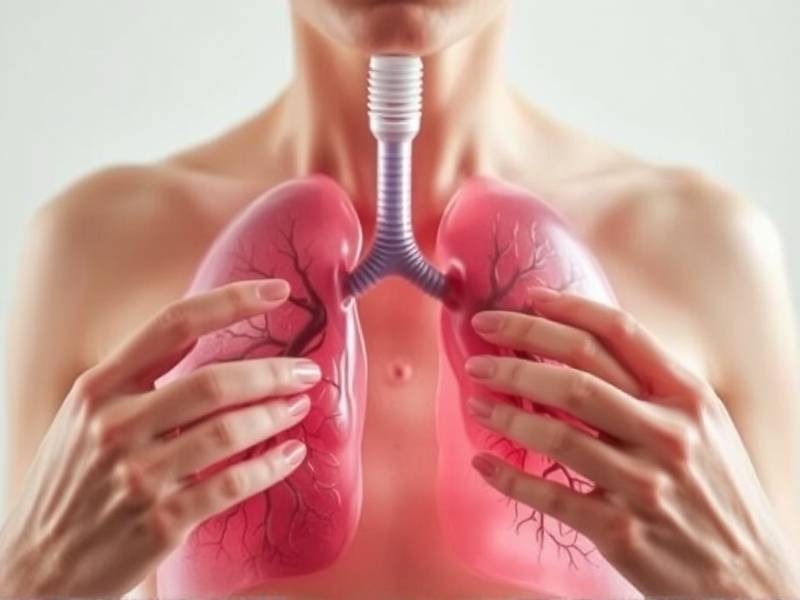How Long Do Your Lungs Hurt After Quitting Smoking? The Truth You Need to Know
Introduction: Understanding the Reality of Lung Recovery
The journey to quitting smoking is a challenging one, and it's natural to wonder about the aftermath. One common concern is how long your lungs might hurt after you've quit. This article delves into the truth behind lung recovery and provides insights into what you can expect.
The Immediate Impact of Quitting Smoking
When you quit smoking, your lungs begin to heal almost immediately. The first few weeks post-quit can be particularly tough, as your body starts to rid itself of nicotine and other harmful substances. It's during this period that many individuals experience discomfort in their lungs.
How Long Do Lungs Hurt?
The duration of lung pain after quitting smoking can vary from person to person. Some may experience discomfort for a few days, while others might feel it for several weeks or even months. Here are some key points to consider:

1. Initial Discomfort
In the first few days after quitting, you may notice a tightness or discomfort in your chest. This is due to the inflammation and irritation caused by years of smoking. As your body adjusts to being smoke-free, these symptoms typically subside.
2. Short-Term Recovery
Within a few weeks, most people start feeling better as their lungs continue to clear out tar and other debris. However, some individuals may still experience intermittent chest pain or discomfort during this period.
3. Long-Term Healing
It's important to remember that lung recovery is a gradual process that can take several months or even years. Many former smokers report that they continue to feel occasional twinges in their chest as their lungs heal.
Factors Influencing Lung Pain Duration
Several factors can influence how long you might experience lung pain after quitting smoking:
1. Smoking History
The longer you smoked and the more cigarettes you smoked daily, the longer it may take for your lungs to recover.
2. Overall Health
Your general health status before quitting can also impact lung recovery time.
3. Environmental Factors
Exposure to air pollution or secondhand smoke can exacerbate lung discomfort.

Tips for Managing Lung Pain After Quitting Smoking
Here are some tips that may help alleviate chest pain and promote lung healing:
1. Stay Hydrated
Drinking plenty of water helps flush out toxins from your body.
2. Exercise Regularly
Physical activity improves circulation and promotes overall lung health.
3. Get Adequate Rest
Resting allows your body to focus on healing without being taxed by stress or fatigue.
Conclusion: Embrace the Journey of Lung Recovery
Quitting smoking is a significant step towards improving your health, and understanding what lies ahead can help make the journey easier. While it's normal for your lungs to hurt after quitting smoking, remember that they are resilient and capable of healing over time.
By taking care of yourself both physically and mentally, you'll be well on your way toward enjoying improved respiratory health and all the benefits that come with it.
